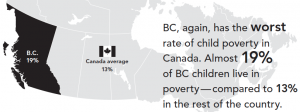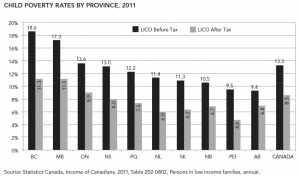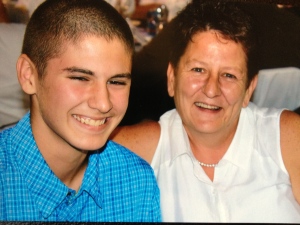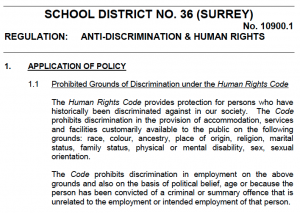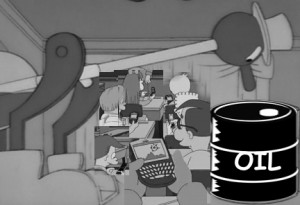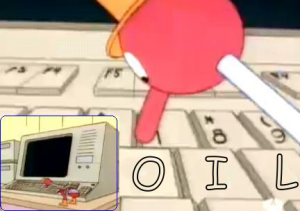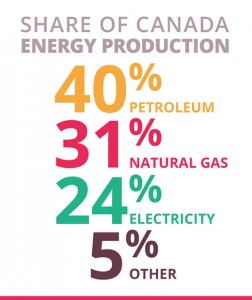As if two recent reports that the government of British Columbia was failing aboriginal and poor children weren’t bad enough, this week’s Housing Trends and Affordability report from the RBC confirms that the Liberals are driving more and more into debt and poverty.
In bankster speak, BC offers “two-tiered affordability.” In everyday speak, it’s a province divided: rich versus poor. And guess which ones the Liberals are backing and picking to reach the finish line?
First Call and Campaign 2000’s British Columbia: 2013 Child Poverty Report Card tells it like it is:
the BC government cites the importance of capitalism and free markets to poverty reduction… But the child poverty statistics in this report tell another story — even a growing economy can leave many people behind when we allow inequality to grow. BC has seen growing wealth for a few, while more middle and low income families struggle to make ends meet on poverty level wages.
The BC government has managed to remake and maintain the Province as the most unaffordable in the nation. The RBC Report goes on to say
Across the country, housing affordability continues to be the poorest, by far, in the Vancouver area, where the latest RBC measures are significantly above their long-term average.
And the link between unaffordability and child poverty?
In 2013, the BC government cannot claim to be ignorant of the abundant evidence of the harm done to children’s health and development by growing up in poverty, nor of the huge additional costs in health care, education, the justice system and lost productivity we are already paying by keeping poverty rates so high (2013 Child Poverty Report Card).
It is enough to generate a recall vote for a government seized by power. If you feel and think things are bad, they are.

 Follow
Follow
